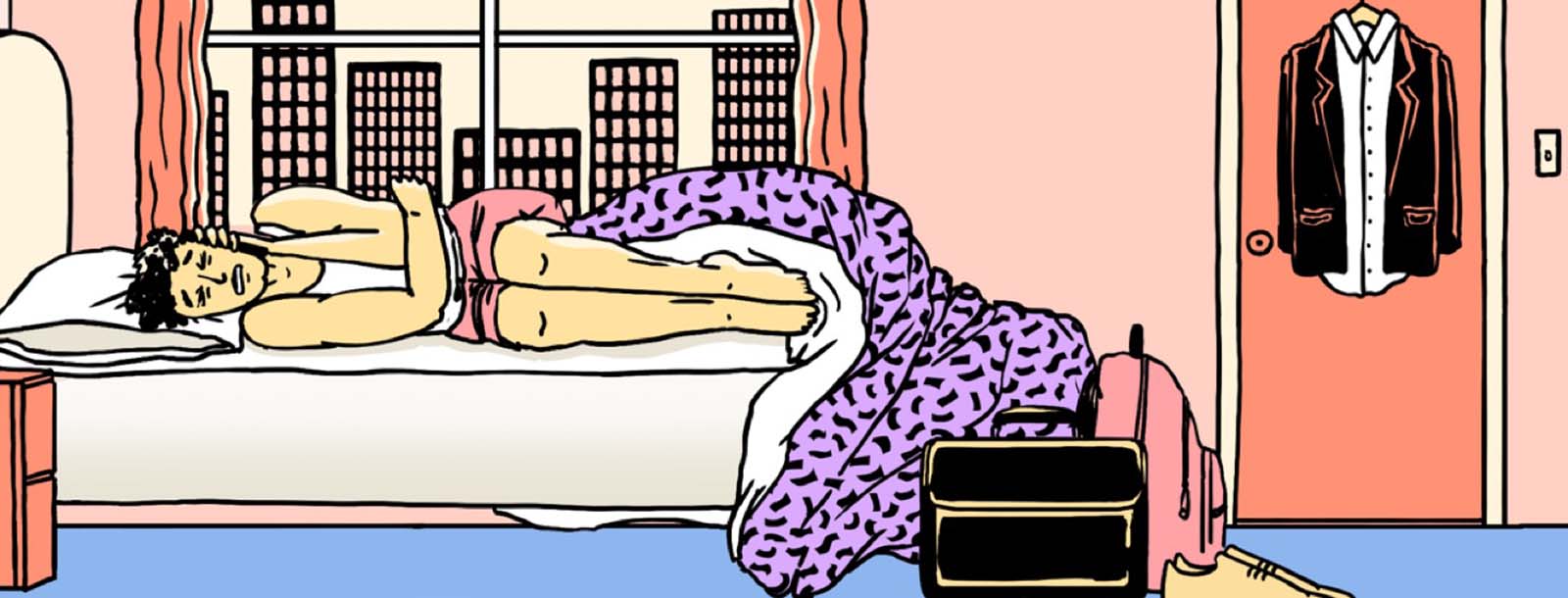Not Enough Sick Days: Life with Psoriatic Arthritis
The average amount of paid sick days available to workers in the United States is eight per year. For a healthy person, this may seem like a lot. To the average person, this number may seem reasonable. But for someone with a debilitating chronic illness like psoriatic arthritis, that same number is nowhere near enough.
Many of those with PsA have been told that they weren’t sick enough to qualify for disability. But how are they supposed to continue working if their illnesses require more time off for sickness than the average person?
Let's redefine sick days, please.
The Britannica Dictionary defines a sick day as a paid day in which an employee does not work because he or she is sick. Sick days for the average person allow them to heal and protects their coworkers from exposure to the illness.
Sick days take on a different meaning when chronic illnesses become involved.
I had no idea that my definition of sick would someday expand and include unexplained body aches and fluctuating joint pain that would randomly make getting dressed, driving, or sitting at a desk for a day an impossibility. But when it did, the reality that I no longer fit in the average world became very clear.
A different type of psick day
Psick (psoriatic sick) days aren’t about healing or protecting others. Instead, they are necessary for survival, self-protection, and recovery. There is no healing; psoriatic arthritis cannot be cured. Our bodies demand time to survive painful flares.
Sick days are needed to protect ourselves from further damage or injury. Spinal inflammation may not seem like a reason to call in sick or cancel plans, but it is because if ignored, it may create cognitive or other problems that could increase damage or cause injury.
Reasons for needing a psick day include but are not limited to doctor appointments, lab work and scans, treatment side effects, severe flare-ups, joint flare-ups that are physically debilitating, and brain fog.
An employer's responsbility
After-hour medical appointments for chronic healthcare are not easy to come by. Some flares are purely physical but require a sick day from a traditional job because it affects the patient’s ability to commute to work.
Expecting someone to commute to their job and work with brain fog is the equivalent of suggesting someone drive and work while under the influence. With one or more autoimmune diseases, you need more time to recover from common illnesses. A simple cold recently made its way through my household.
The others fell ill and recovered within 3-5 days. It has been 14 days since the cold presented itself, and I am just now nearing the end of its course. It won’t surprise me if that final course requires another whole week.
Loss of income
Not having a real job doesn’t mean that people don’t lose income.As a freelance writer, blogger, and social media content creator, the time lost from my combined cold and psoriatic arthritis flare has also resulted in a loss of income.
Less content was created, fewer articles were published, and no proposals for future articles were submitted. Those working traditional jobs but having exceeded their sick days are forced to use their personal and vacation days. And when those run out, they are left without pay or options to make up for the time they lost.
How has psoriatic arthritis affected your ability to work and income?
There just aren’t enough sick or psick days for my current stage of chronic illness. My hope for future generations is that employers who have positions that can be performed at home will offer them to the chronically ill who are still able to work but not commute.
For salaries to be based on the work versus hours spent sitting at a desk. And most importantly, for everyone to understand the difficulties of having a chronic illness and trying to keep up with average life expectations.
This or That
Do you also find it painful to sit for extended periods of time?

Join the conversation